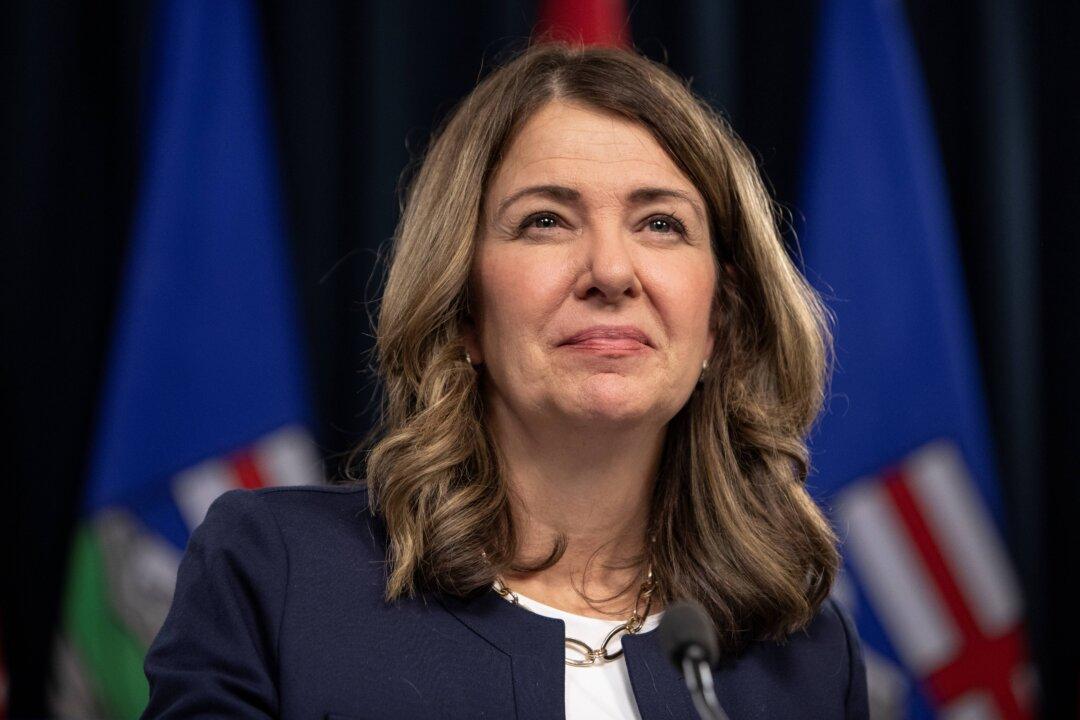The Liberal government’s budget update is not proposing a date for the implementation of its Digital Services Tax (DST), which the U.S. opposes and was originally set to come into force in 2024.
Ottawa, in its Fall Economic Statement released Nov. 21, said “forthcoming legislation“ would allow it ”to determine the entry-into-force date of the new Digital Services Tax, as Canada continues conversations with its international partners.”
The DST is a three percent levy aimed at foreign companies—many of which are based in the U.S.—that receive revenue from Canadian subscribers and contributors.In its fall economic statement, Ottawa said the country had worked “diligently and constructively” to negotiate the treaty that would ensure “the largest and most profitable global corporations, including large digital corporations, pay their fair share of tax in the jurisdictions where their users and customers are located.”





